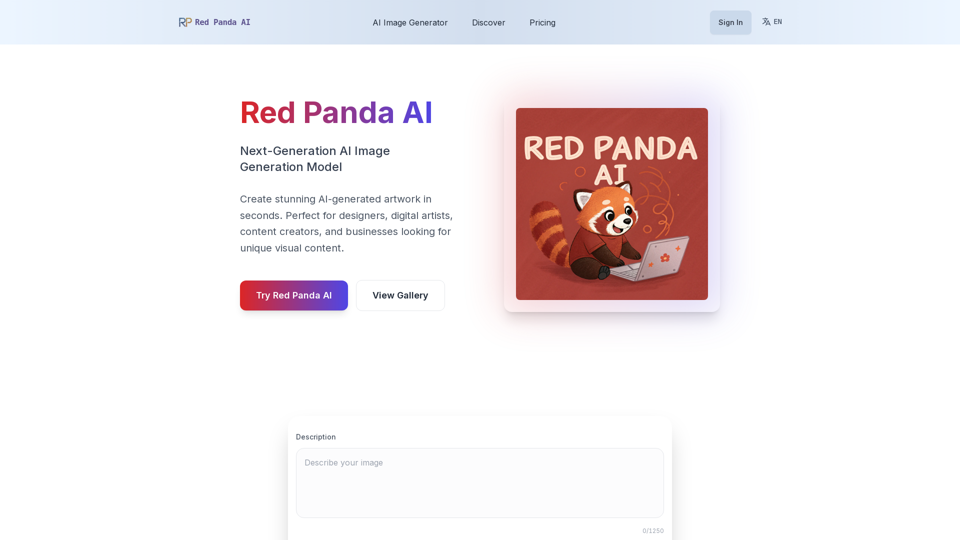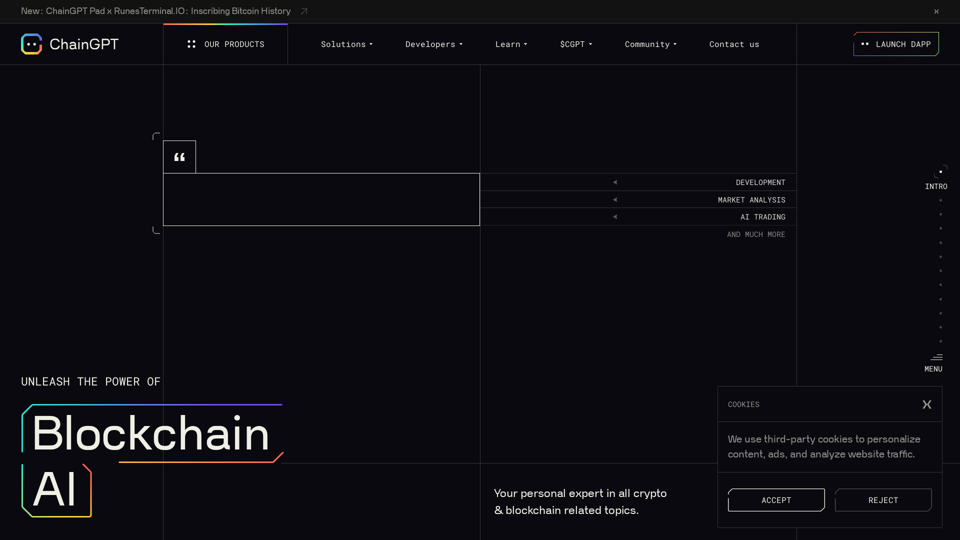Blockchain là gì?
Blockchain là một sổ cái kỹ thuật số phi tập trung ghi lại các giao dịch trên nhiều máy tính, đảm bảo an ninh và minh bạch cho dữ liệu. Mỗi giao dịch được lưu trữ trong các khối, liên kết với nhau tạo thành một chuỗi. Công nghệ này chủ yếu được biết đến với vai trò trong hệ thống tiền điện tử, nhưng ứng dụng của nó vượt ra ngoài các loại tiền kỹ thuật số.
Các tính năng chính của Blockchain
- Phi tập trung: Loại bỏ sự cần thiết của một cơ quan trung ương, cho phép nhiều bên truy cập và xác minh dữ liệu.
- Bất biến: Khi một giao dịch được ghi lại, nó không thể bị thay đổi, đảm bảo một bản ghi vĩnh viễn và không thể giả mạo.
- Minh bạch: Tất cả các bên tham gia có quyền truy cập có thể xem lịch sử giao dịch, thúc đẩy trách nhiệm giải trình.
Lợi ích của công nghệ Blockchain
Tăng cường an ninh
- Tính toàn vẹn dữ liệu: Bản chất mã hóa của Blockchain ngăn chặn truy cập và thay đổi trái phép.
- Ngăn chặn gian lận: Các bản ghi không thể thay đổi giảm thiểu rủi ro hoạt động gian lận.
Cải thiện tính minh bạch
- Khả năng truy xuất nguồn gốc: Các giao dịch có thể được theo dõi theo thời gian thực, cung cấp một dấu vết kiểm toán rõ ràng.
- Sổ cái công khai và riêng tư: Người dùng có thể chọn giữa sổ cái công khai để minh bạch hoặc sổ cái riêng tư để kiểm soát truy cập.
Tăng hiệu quả
- Quy trình tinh gọn: Bằng cách giảm bớt các trung gian, Blockchain tăng tốc độ giao dịch và giảm chi phí.
- Truy cập theo thời gian thực: Tất cả các bên đều có quyền truy cập vào cùng một thông tin, giảm thiểu sự chậm trễ.
Kiểm soát và sở hữu lớn hơn
- Trao quyền cho người dùng: Cá nhân có quyền kiểm soát dữ liệu của họ, quyết định cách và thời điểm chia sẻ.
- Hợp đồng thông minh: Các thỏa thuận tự động thực hiện giao dịch khi các điều kiện được đáp ứng, giảm sự cần thiết của các trung gian.
Giảm gian lận và rủi ro
- Ngăn chặn hàng giả: Blockchain xác minh tính xác thực của sản phẩm, giảm rủi ro gian lận.
- Dấu vết kiểm toán: Nhật ký toàn diện tăng cường trách nhiệm và đơn giản hóa kiểm toán.
Cách sử dụng Blockchain
Trong Ngân hàng và Tài chính
- Giao dịch nhanh hơn: Blockchain cho phép xử lý giao dịch gần như tức thì, không giống như giờ làm việc truyền thống của ngân hàng.
- Giảm chi phí: Loại bỏ chi phí xác minh bên thứ ba, giảm phí giao dịch.
Trong Quản lý Chuỗi Cung ứng
- Theo dõi sản phẩm: Blockchain cung cấp khả năng truy xuất nguồn gốc trên toàn chuỗi cung ứng, đảm bảo tính xác thực và giảm gian lận.
- Hiệu quả: Tinh gọn quy trình bằng cách cho phép tất cả các bên xác minh và kiểm toán giao dịch.
Trong Y tế
- Hồ sơ bảo mật: Blockchain bảo mật dữ liệu bệnh nhân, đảm bảo quyền riêng tư và khả năng tương tác.
- Truy cập dữ liệu: Bệnh nhân và nhà cung cấp có thể truy cập và chia sẻ hồ sơ y tế một cách liền mạch.
Trong Chính phủ
- Bỏ phiếu minh bạch: Hệ thống bỏ phiếu dựa trên Blockchain tăng cường an ninh và khả năng tiếp cận, giảm gian lận.
- Quy trình hiệu quả: Tinh gọn hoạt động của chính phủ bằng cách giảm sự dư thừa và tăng cường trách nhiệm.
Kết luận
Công nghệ Blockchain mang lại nhiều lợi ích, bao gồm tăng cường an ninh, cải thiện tính minh bạch và tăng hiệu quả. Bằng cách hiểu và tận dụng những lợi ích này, các tổ chức có thể thúc đẩy đổi mới và hợp tác trong nhiều ngành công nghiệp khác nhau. Khi việc áp dụng tăng lên, Blockchain đang được kỳ vọng sẽ chuyển đổi thực tiễn kinh doanh và tăng cường niềm tin trong nhiều lĩnh vực.






